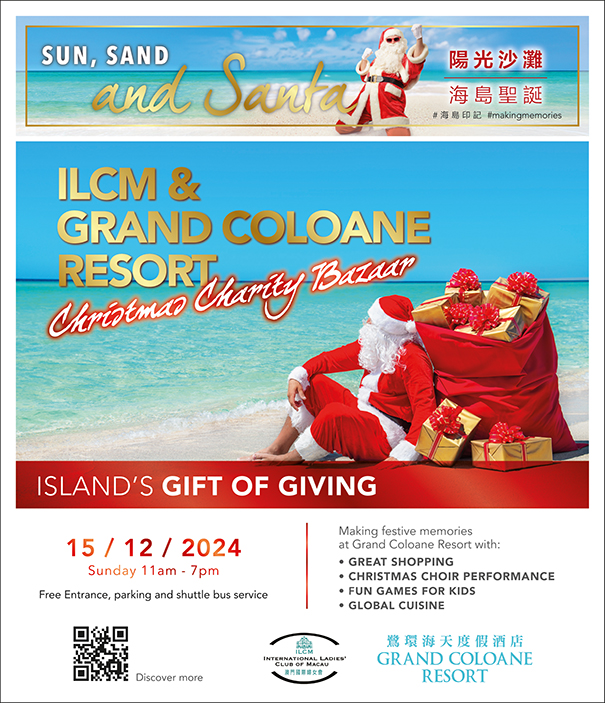Macau's GEG Lusofonia Festival has kicked off today at the Taipa House area, aiming to promote Portuguese culture through the country's cuisine and arts and crafts, according to the statement by the Macau Cultural Affairs Bureau (IC).
During the three-day festival, artists from Portuguese-speaking countries and around 30 local Portuguese-speaking artists are scheduled to perform, while members of the 10 Portuguese-speaking communities living in Macao will showcase music, dance, art and crafts, traditional costumes, literature, and culinary delights from their countries and regions, the statement pointed out.At the festival, locals and tourists alike will be able to purchase Portuguese handicrafts, taste typical Portuguese dishes, and participate in traditional Portuguese games, such as the so-called ski race, sack race and wooden spoon race.
The annual festival is organised by the Cultural Affairs Bureau and sponsored by Macau's integrated resort operator Galaxy Entertainment Group (GEG).
The main objective of the festival, which started in 1998, is to pay homage to Macau's different Portuguese-speaking communities. The festival also aims to highlight Macau's role as a platform for cultural exchange between China and Portuguese-speaking countries, according to the bureau.
The Portuguese-speaking communities comprise members of the local Eurasian "Macanese" community, which accounts for about 1.5 percent of the local population, as well as those from Angola, Brazil, Cabo Verde (Cape Verde), Guinea Bissau, India (Goa, Daman and Diu), Mozambique, Portugal, São Tomé and Príncipe, and Timor-Leste (East Timor).
Portuguese is one of Macau's two official languages, alongside Chinese.
Macau reverted from Portuguese to Chinese administration on December 20, 1999, when the Macau Special Administrative Region (MSAR) of the People's Republic of China (PRC) was established.
"Lusofonia" is a Portuguese word denoting the Portuguese-speaking ("Lusophone") world. The term "Luso" refers to "Lusitania, the ancient Roman province comprising most of modern Portugal and part of Spain.
- Xinhua, MPD







